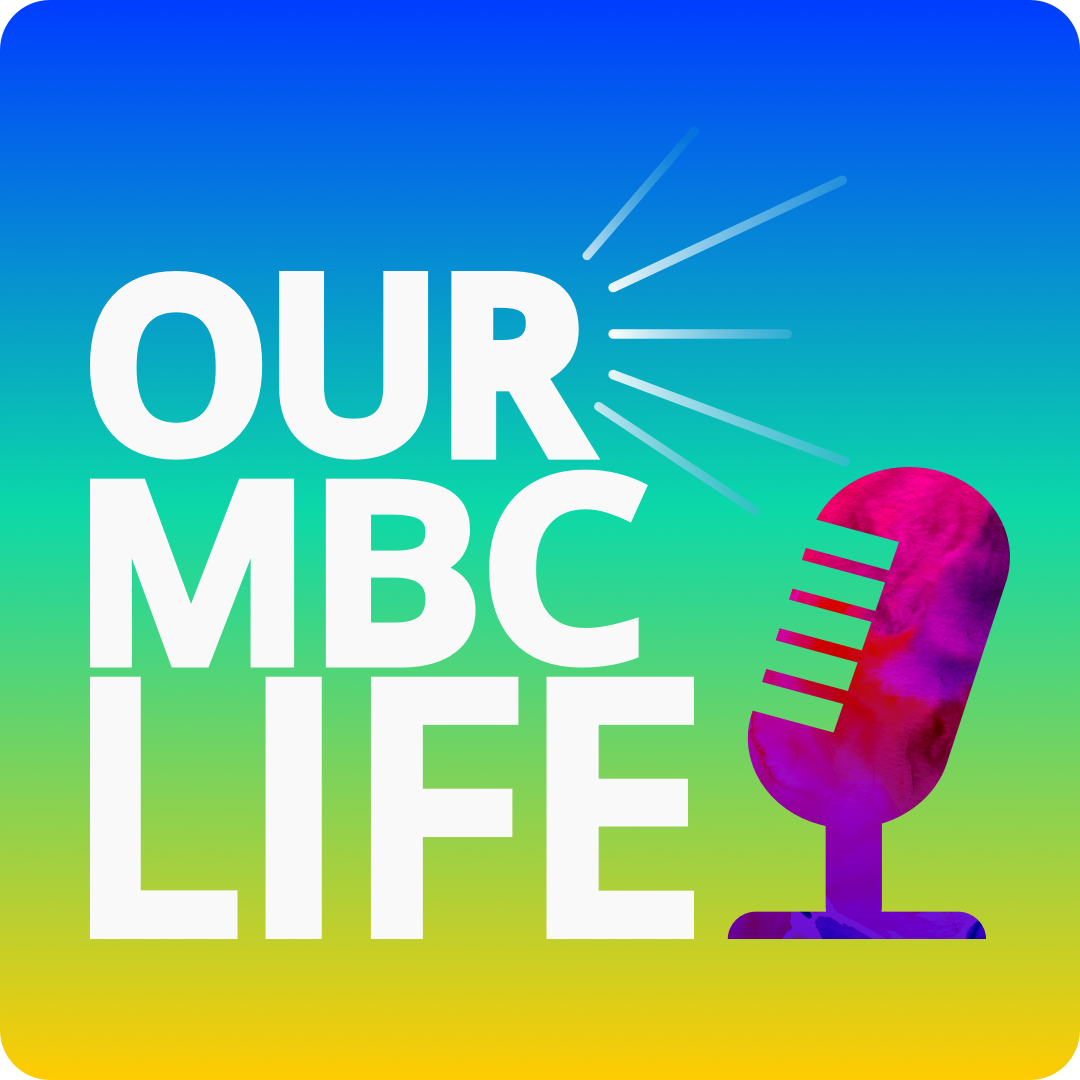Skipping Down Fifth Avenue
One of my favorite movies was Hannah and Her Sisters. I was reminded of it when we celebrated my aunt’s birthday on the Upper East Side that day in 2013. We were at one of those polished bistros with white tablecloths and big floral arrangements. I took some selfies in a mirror, maybe to post on a dating website. My hair was back in a pony-tale. Big smile. I was 41 and felt happy and hopeful. I had no idea what was brewing in my body. After lunch, I walked outside, looked up and recognized one of the building facades from the scene where an architect is showing off to two female companions vying for his attention. They are looking up at the building next door, musing about New York architecture. Such light banter. Surfaces.
Two weeks later, I was diagnosed with breast cancer. The shock and dread worsened as the days went by. Although only one relatively small tumor was detected in my left breast, the radiologist wanted to do more tests. An abdominal scan fortuitously revealed a non-malignant lesion on the upper portion of my liver. Lots of phone calls, emails and visits about scans and waiting. This led to a PET scan. There was an “incidental” discovery of a lesion on the right side of my liver. Would I have chemo, radiation - a mastectomy? That was my biggest fear then.
I went for a consult with a breast-cancer surgeon at Mt. Sinai Hospital. But the plan changed. She explained shortly after I arrived that because of the intervening PET scan results, there would be a liver biopsy instead of a discussion about surgery.
I was sent to the basement of Mt. Sinai. As the stoic pathologist stuck a huge needle in my side (in a delicate way), I bore my eyes into the wall, praying and wishing that the result would be “benign.” Praying and wishing that what had just been detected as breast cancer in my left breast had not spread to my liver. Because of the PET scan results, I had already started that perilous search on the Internet about breast cancer and “staging.” What’s bad, one or four? I was learning and had grim statistics floating in my head.
The recovery room felt anything but. My parents were there, looking ashen and exhausted. How could I put them through this? They were in their sixties and I was no longer a child. And yet there was a feeling of regression around me that was difficult to contain. My underlying condition was grasping how, having always thought and hoped I would live forever – and while that was of course an exaggeration – my new reality was so extremely, joltingly different.
Two days later, I got the phone call from the breast surgeon. “Alison, I’m sorry but . . . .” I don’t remember exactly what she said other than “Stage 4.” She did not tell me that I was about to die, but the staging words and my continued ill-advised amateur research created an ongoing sense of doom.
I had once laughed at the neurotic antics of Hannah’s ex-husband. Mickey is convinced he has a brain tumor because of a sudden ringing in his ear and how his doctors appear to react in his delusional mind. He thinks he is dying and goes on a quest for the meaning of life, meeting with a priest, a rabbi and a Hare Krishna. The viewer knows that Mickey is being foolish; of course he does not have cancer. After receiving the good news, there he is, running out of the Klingenstein Pavilion. Funny how I had just been thinking of the movie and that’s where I was meeting with doctors about my cancer. There is Mickey, skipping down Fifth Avenue. He is fine! No cancer. He has a second chance at life. I could no longer laugh along with the audience.
After the initial diagnosis of breast cancer and the subsequent staging phone call, I was worrying and contemplating, but it wasn’t comedic. I eventually went back to Mt. Sinai with a bigger family group. We walked into the Klingenstein Pavilion and waited to meet with the doctors for a game plan.
Yes, it was Stage 4 breast cancer. But the relatively good news was that I was “Estrogen Positive,” which is one of the less aggressive types. Because it had already spread beyond the lymph nodes, into my bloodstream and to my liver (“a horse got out of the barn,” as my MSK oncologist says), I would not have the invasive procedures such as surgery, radiation or chemo (at least not for a while). No damage to skin, breasts and hair. I asked my family to leave the room and I said to the oncologist and surgeon, “Is it terminal? You can tell me.” They told me it was not.
Words and perspective. Another doctor might have said it was “terminal.” This was seven years ago (as I knock on wood very hard). I would live with a serious illness that was essentially invisible, at least most of the time, particularly before I eventually started chemo.
The feeling of “luck” was complicated. Relativity would become more appreciated. At that time though, as I sat there in the doctor’s office with my family surrounding me, fortifying me and my resolve, I looked out the window and saw the sun shining through Central Park’s trees. Hope ascended. I was not going to skip down Fifth Avenue like Mickey, but I still had my life ahead of me.
